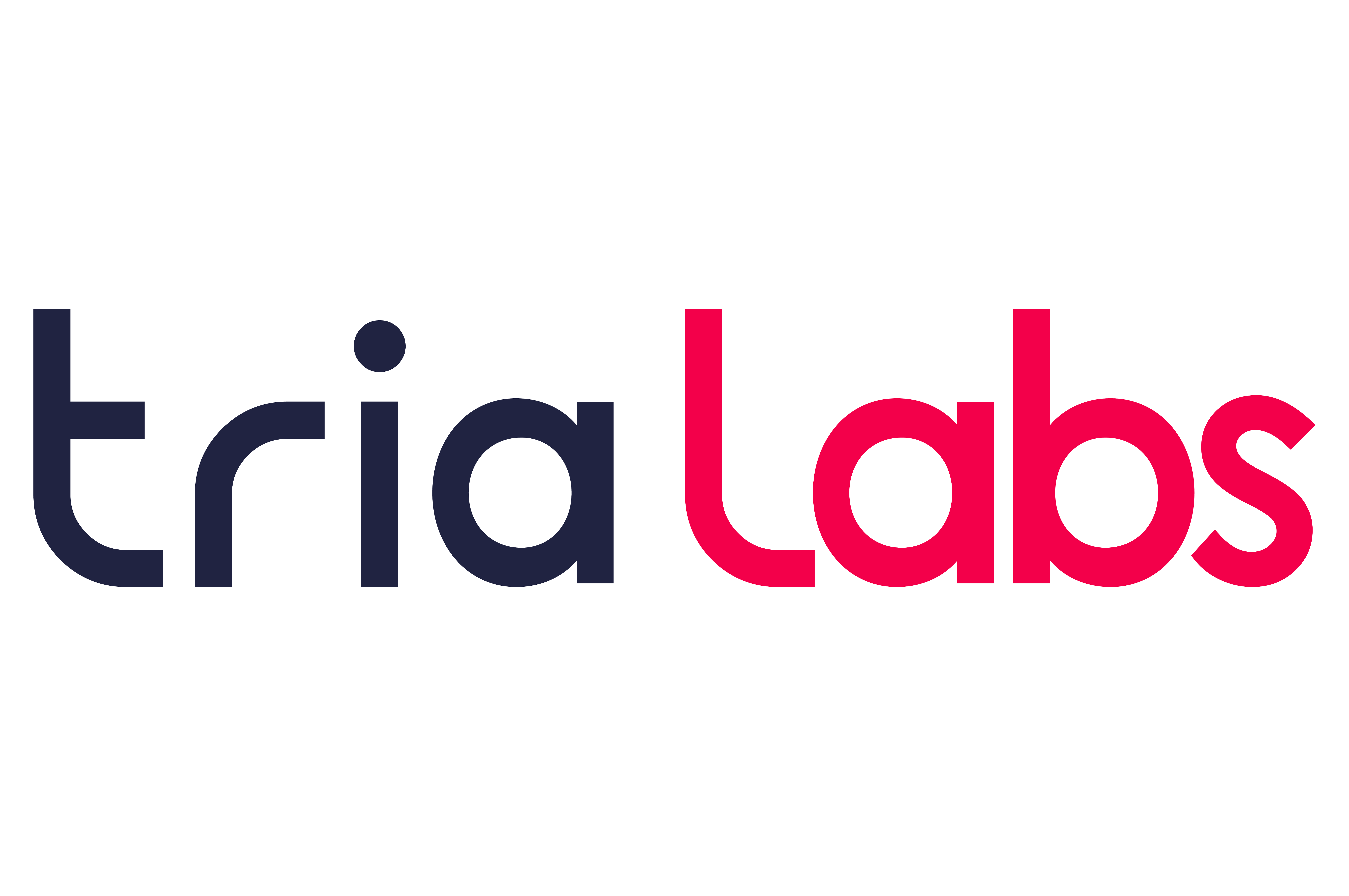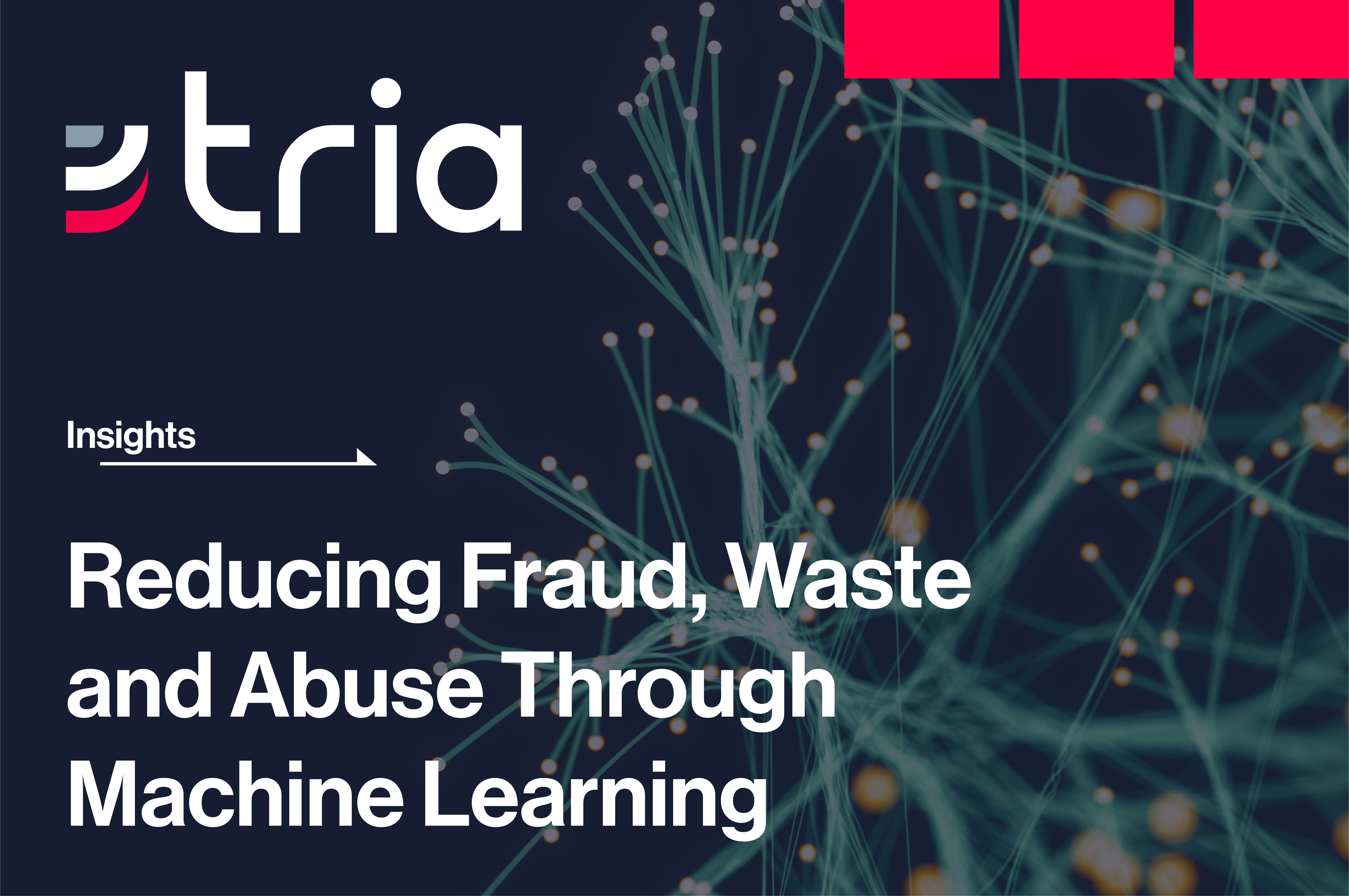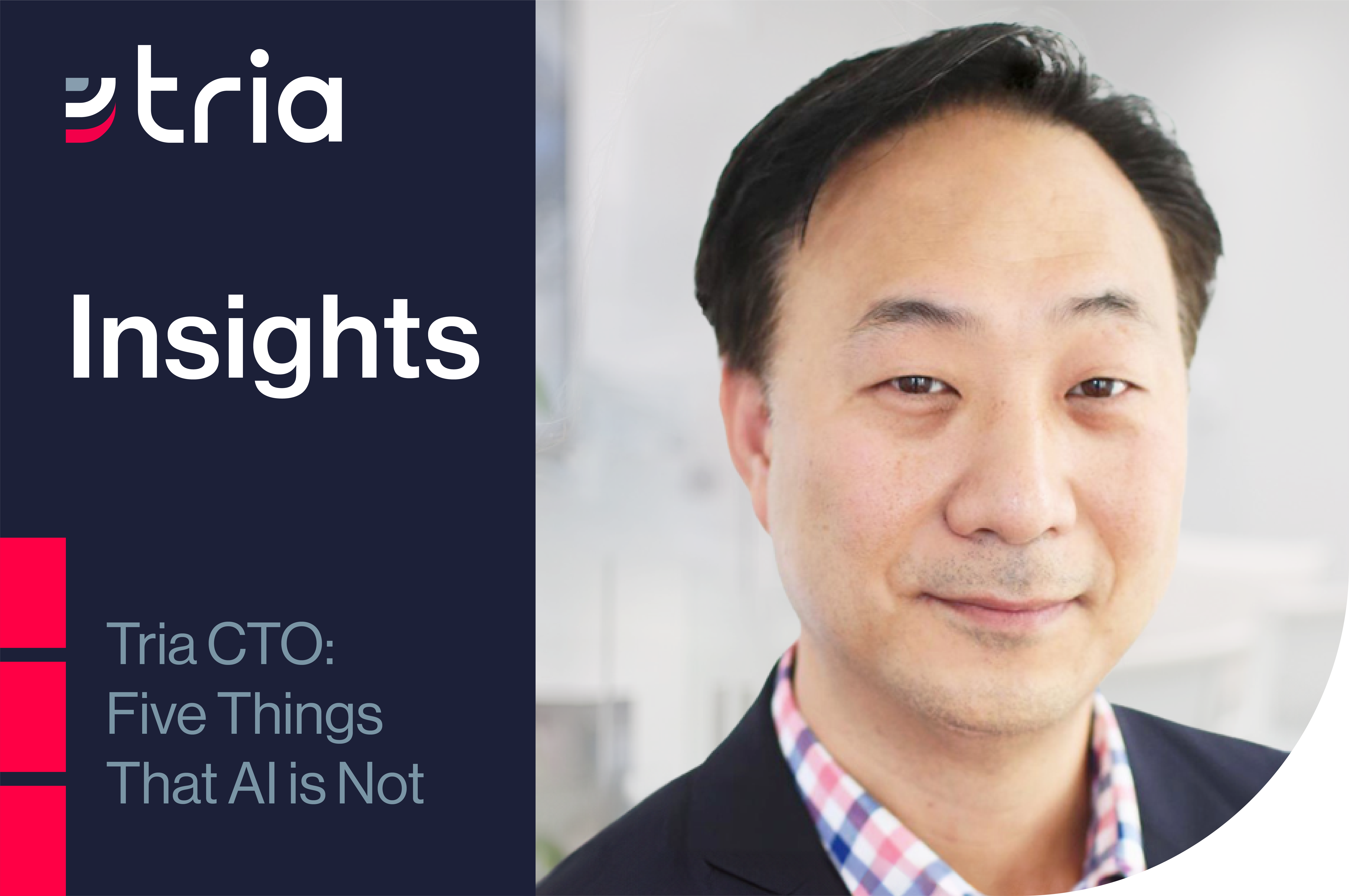Artificial intelligence (AI) has tremendous potential to transform government operations and help agencies achieve their missions. But adoption of AI-related technologies must be done responsibly, with an emphasis on addressing the risks and challenges they bring.
That’s why “Advancing the Responsible Acquisition of Artificial Intelligence in Government” (Office of Management and Budget (OMB) Memorandum M-24-18), released in September, is an important step forward, even with the upcoming change in administration.
Integrating AI-related technologies ethically and effectively is critical to building public trust, fostering broader adoption and maximizing their positive impact. Proactive risk assessment, interoperability and ongoing oversight are vital to ensuring that AI solutions are secure, equitable, and aligned with public interest.
To that end, two critical things must happen across industry and government starting in 2025.
First, to build trust in these systems, we must create processes that ensure AI technologies are reliable and transparent. AI’s growing influence on decision-making makes strong oversight and governance essential.
This requires rigorous testing and ongoing monitoring and feedback (including human-in-the-loop), which are key to identifying biases and ensuring the system performs as expected over time. It’s also crucial to clearly explain to stakeholders – in a way they can comprehend – how AI models work.
Second, AI will only reach its full potential if we ensure that systems across agencies and contractors work together smoothly. We need common standards for interoperability, including the use of standardized data formats, shared ontologies, and open APIs that facilitate consistent communication between systems.
Agencies and contractors must build systems that adhere to these standards from the outset, rather than relying on proprietary solutions that create silos and inhibit integration. By enabling better collaboration, we can make data exchange more efficient and secure, accelerating the adoption of AI solutions across government.
AI holds immense promise for solving some of the government’s most pressing challenges in areas ranging from cybersecurity to healthcare. However, these technologies also introduce new risks, particularly in areas like privacy and security. It’s crucial to take a systematic approach to evaluate and address these risks – both at the outset and on an ongoing basis.
OMB’s call for agencies to foster collaboration is an opportunity for contractors to play a leadership role in shaping the future of AI in government. At Tria Federal, we’ve embraced this challenge with the launch of Tria Labs, our technology innovation group. Tria Labs is forging partnerships across the public and private sectors to create AI solutions that address the complex needs of federal agencies.
If government and industry standardized how data is organized, governed, accessed and understood, it could result in AI solutions that are transferable across agencies. However, as existing initiatives take shape, it is essential to balance critical centralized governance structures with the need for innovation and flexibility in implementation.
Within this context, contractors should reflect on their role in this process by considering the following questions in 2025:
- How can we contribute to the development and adoption of open-source standards for data formats and systems supporting AI development, deployment and operations?
- How are we fostering a culture of accountability in AI development, ensuring oversight mechanisms are robust while enabling innovation to thrive?
- How are we designing AI systems to ensure explainability, and protect stakeholder trust in decision-making processes and outcomes?
- What measures are we implementing to detect, evaluate, and address risks like bias, fairness and unintended consequences?
- How can we best collaborate with government stakeholders in developing and implementing standards that balance interoperability, accountability, and innovation?
When AI is deployed responsibly, it reduces risks, drives innovation, and enhances the value contractors bring to government projects. By answering these questions, contractors can differentiate themselves as trusted partners in AI transformation and integration, enhancing their competitive edge.
The responsible acquisition of AI is more than just a compliance issue; it’s an opportunity for federal government and contractors to lead the way in innovative and ethical technology use.
By working together and upholding high standards, we can make sure AI lives up to its full potential, benefitting government, industry, and most importantly, the American public.



